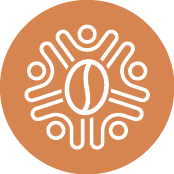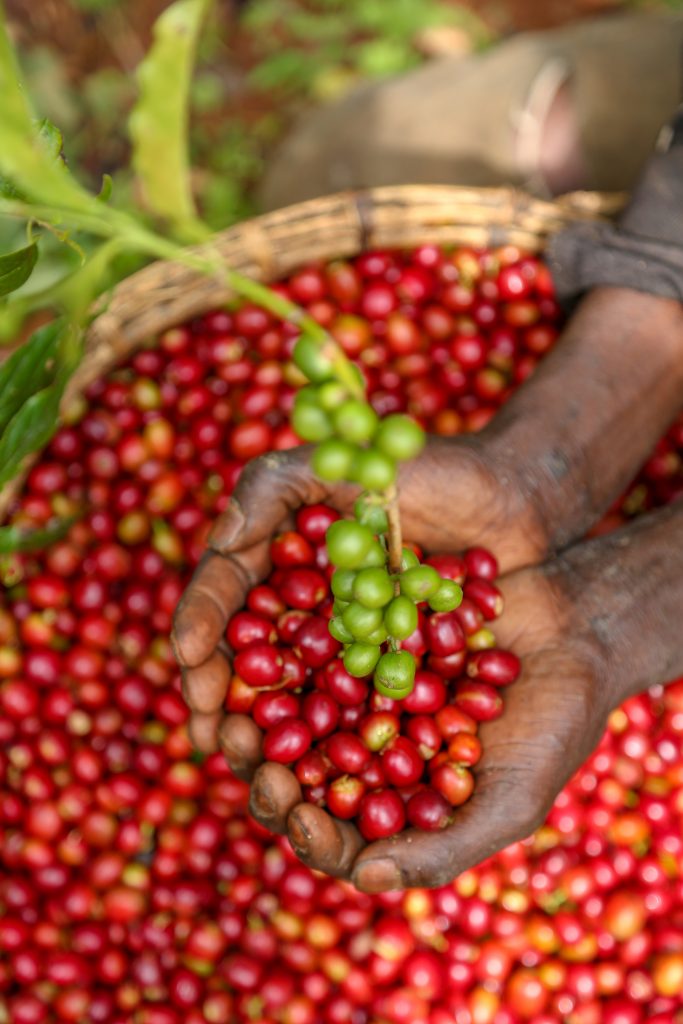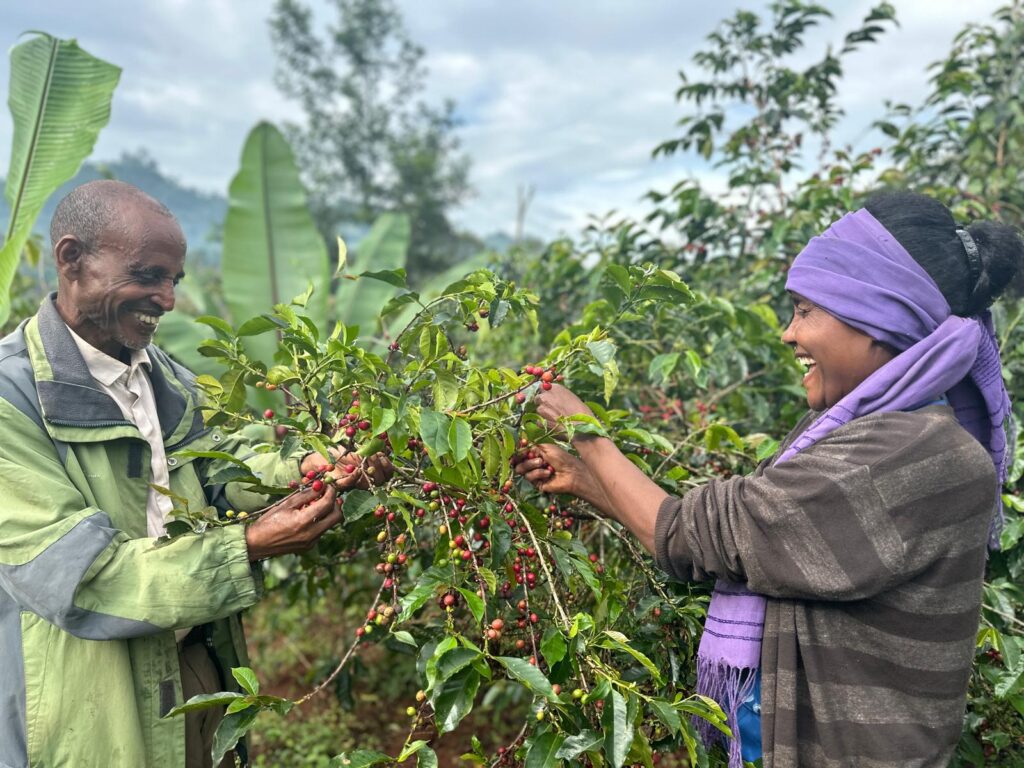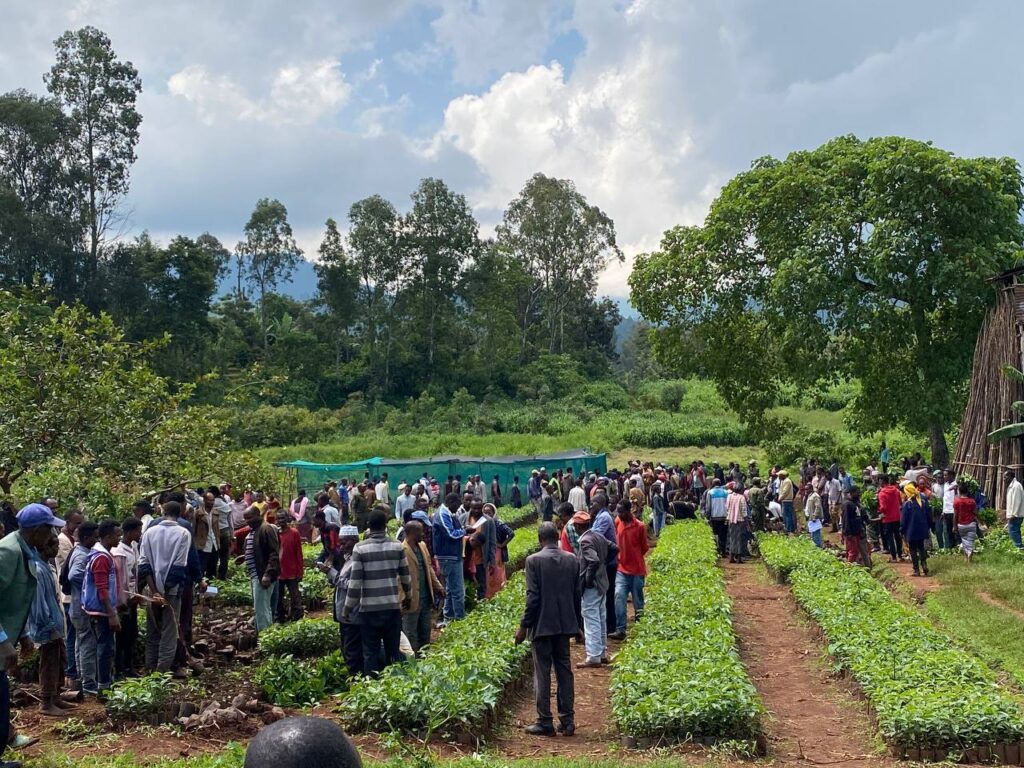Community
lot VE-2475

Step by step


Lot details
Farm: Community farmers (76) in D’ara Taferi Kela region
Varietal: 74112 & Enat Buna D’ara Otilicho
Altitude: 1850-2070 masl
Harvest: November-December ’23
Processing: Washed
Traceability
GPS: Geo-report available per October/November ’24
76 Community Farmers: Skolola Shakura, Muluken Zerihun, Nuat Maligso, Alimaz Sodo, Debritu Moriku, Zemenu Zerihun, Maligso Mamudi, Girma Abeyo, Megistu Maligso, Selemon Urikamo, Hailu Hamaro, Harimo Hameso, Misira Husen, Mekiya Husen, Hariso Harimo, Dake Mareru, Abebe Nage, Lama Bule, Haro Aamaro, Hamsalu Hariso, Marika Wena, Dagura Desilem, Hana Awezo, Ayele Arigisa, Gezahegn Gasiro, Kefalegn Kebede, Mulalu Kayeso, Malika Manusai, Kedir Mamudi, Gegene Gezahagn, Dikamo Dika, Lamiso Nage, Marikes Malika, Tefera Mareru, Gachu Yune, Dejene Debesa, Sefu Su’e, Hamita Hameso, Boye Hameso, Fikadu Nage, Sabato Tadese, Seta Tadese, Hachara Hamaso, Shuka Samio, Manamo Doga, Tadese Orisa, Kosita Adamo, Shanitu Shashamo, Musain Sulitan, Seid Sulitan, Tamirat Digiso, Tamenech Eyob, Ashireka Ebirahim, Dasamo Daimo, Rikina Dasa, Getachew Araga, adele Borola, Meseret Motisa, Alemitu Gamada, Almaz Moges, Addise Dika, Durese Kumalo, Mihret Netsanet, Buzunesh Danisso, Mihret Alemayew, Gizaw Feleke, Liknesh Abebe, Sister Youre, Misru Demisse, Mekides Berasa, Abera Komche, Enuka Kedella, Lome Sidane, Maridya Hankamo.
Processing masters: Dawit Syoum & Demelash Hailu
Community of Taferi Kela
In 2019 we inherited our grandfather’s farm but our understanding of its significance was developing long before then. When we visited the farm and saw Grandfather Syoum’s leadership within the Taferi Kela community it showed us a path to provide opportunities. The farm there was and still is our framework for a holistic approach to growing something strong and lasting. Our family farm is the first step towards using coffee, coffee farming and the wider industry as a tool to have impact and build good meaningful jobs. A step towards not only adding value for people but affording them opportunities to add value for themselves. Read more..


